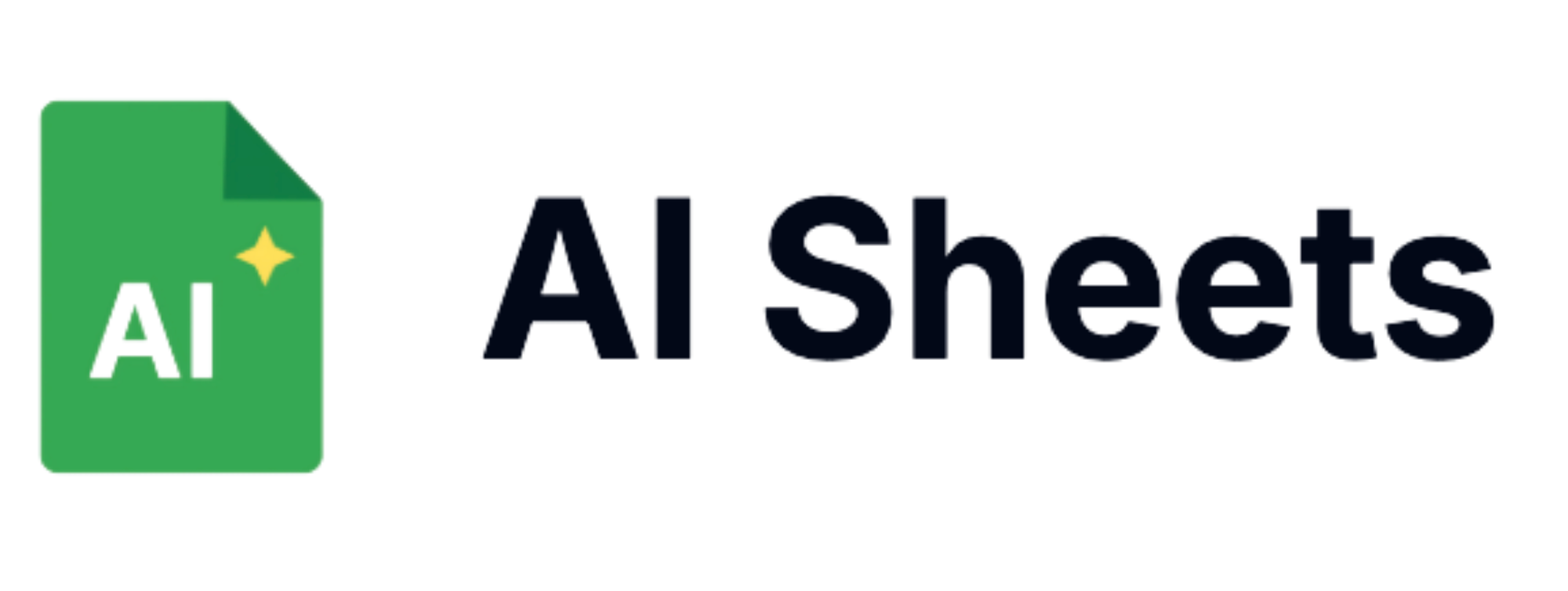Top Tools for Creating SEO Reports on Bulk Keywords

In today's competitive digital landscape, analyzing and reporting on large sets of keywords is essential for any successful SEO strategy. Whether you're managing campaigns for clients or optimizing your own website, having the right tools to efficiently generate SEO reports on bulk keywords can save countless hours and provide deeper insights. This guide explores how to leverage Google Sheets combined with AI capabilities to streamline and enhance your SEO reporting process.

Why Bulk Keyword Reporting Matters
Before diving into the tools, let's understand why bulk keyword analysis is crucial:
- Comprehensive overview: Instead of analyzing keywords one by one, bulk reporting gives you a holistic view of your SEO performance
- Pattern identification: Spotting trends and opportunities across hundreds or thousands of keywords
- Time efficiency: Automating what would otherwise be days of manual work
- Competitor analysis: Tracking your position against competitors across your entire keyword universe
Creating effective SEO reports for multiple keywords traditionally required expensive software or significant manual effort. However, with Google Sheets and AI integration, this process has become more accessible and powerful than ever.
Setting Up Google Sheets for SEO Report Generation
Google Sheets provides an excellent foundation for SEO reporting due to its flexibility, collaborative features, and integration capabilities. Here's how to get started:
1. Data Collection: Importing Your Keywords
First, you'll need to import your keyword data. This can come from:
- Google Search Console exports
- SEO tools like Ahrefs, SEMrush, or Moz
- Client-provided keyword lists
- Your own research spreadsheets
Simply create columns for your keywords and relevant metrics like search volume, current position, competition score, and click-through rate.
2. Enhancing Reports with AI Formulas
This is where the magic happens. By integrating AI capabilities with Google Sheets, you can transform basic data into comprehensive, insightful SEO reports.
AI Sheets offers specialized formulas that are perfect for SEO reporting on bulk keywords. Here are some of the most useful ones:
The =GPT() Formula for SEO Analysis
The foundational AI formula can be used to generate insights about your keywords:
=GPT(A2:E200, "Analyze these keywords and identify the top 5 opportunities based on high search volume and low competition")
This formula examines your entire keyword dataset and provides strategic recommendations.
Using =GPTTABLE() for Competitive Analysis
When you need structured competitive data for your keywords:
=GPTTABLE("Competitor analysis for keywords in A2:A50", "Keyword", "Our Position", "Competitor Position", "Position Gap", "Priority")
This generates a complete table with competitive positioning for your target keywords.
Want to automate your SEO reporting further? Try AI Sheets today and see how it can transform your workflow!

Creating Automated SEO Reports for Bulk Keywords
Now let's put everything together into an efficient reporting system:
1. Building a Dynamic Dashboard
Create a dashboard tab that pulls key metrics from your raw data. Use:
- QUERY functions to filter and organize keyword data
- SUMIF/COUNTIF for quick statistical analysis
- AI formulas to generate interpretations and recommendations
For example, use =GPTASK() to automatically identify patterns in your keyword rankings:
=GPTASK(B2:D500, "What percentage of our keywords improved in ranking this month, and which categories showed the most improvement?")
2. Implementing Automatic Categorization
One of the challenges with bulk keyword analysis is organization. Use =GPTCATEGORIZE() to automatically sort your keywords:
=GPTCATEGORIZE(A2, "Informational,Transactional,Navigational,Commercial")
This AI-powered categorization helps segment your keyword report into meaningful groups for better strategy development.
3. Generating Actionable Insights
Raw data is valuable, but insights drive action. Use AI formulas to transform your keyword data into strategic recommendations:
=GPTWRITE("Based on the keyword data in range A2:F200, provide 5 actionable SEO recommendations", "300 words", "professional")
This formula will analyze your entire keyword dataset and provide specific, custom recommendations based on the patterns it identifies.

Advanced Techniques for Bulk SEO Reporting
Once you've mastered the basics, try these advanced approaches:
Automated Competitor Gap Analysis
Compare your rankings against competitors across all keywords:
- Import your ranking data and competitor ranking data
- Create a comparison sheet using QUERY or VLOOKUP functions
- Use =GPTTRANSFORM() to analyze the entire dataset:
=GPTTRANSFORM(A2:F500, "For each keyword, calculate the ranking gap between us and competitors, then prioritize keywords where we're within 5 positions of outranking them")
Predictive SEO Opportunity Scoring
Develop an AI-powered scoring system for your keywords:
=GPT(A2:H50, "Create a scoring system for these keywords based on search volume, competition, current ranking, and conversion potential. Then rank them from highest to lowest priority.")
Need to level up your SEO reporting capabilities? Sign up for AI Sheets and start transforming your Google Sheets into powerful SEO reporting engines!
Automated SEO Report Generation
The ultimate goal is creating complete, presentation-ready reports that update automatically:
- Set up data imports (manual or via API connections)
- Configure your AI formulas to analyze the latest data
- Create visualization tabs for client-ready presentations
- Use =GPTWRITE() to generate executive summaries:
=GPTWRITE("Create an executive summary of our SEO performance based on the keyword data in Sheet1", "250 words", "professional")
Best Practices for SEO Report Automation
To get the most out of your bulk keyword SEO reporting:
- Update data regularly: Set a schedule for refreshing your keyword data
- Lock AI-generated insights: Use the "Lock results" feature in AI Sheets to preserve generated content
- Segment reports logically: Create separate report sections for different website areas or keyword groups
- Include action items: Every report should conclude with specific next steps
- Customize for your audience: Technical details for SEO teams, high-level insights for executives
Getting Started with AI-Powered SEO Reporting
Ready to revolutionize your approach to bulk keyword SEO reporting? Here's how to get started:
- Sign up for free at AI Sheets
- Install the AI Sheets extension for your Google Sheets
- Import your keyword data from your preferred SEO tools
- Start implementing the AI formulas outlined in this guide
By combining the flexibility of Google Sheets with the power of AI, you'll be able to create comprehensive SEO reports for bulk keywords that would previously have required expensive enterprise software or countless hours of manual analysis.
For more detailed guidance, check out the Complete Guide to AI Sheets Formulas or learn How to Clean Data in Google Sheets with AI.
Transform your SEO reporting workflow today with AI Sheets and start delivering deeper insights from your bulk keyword data!
